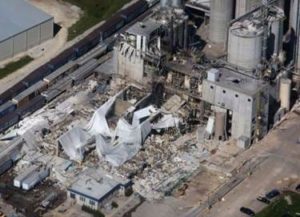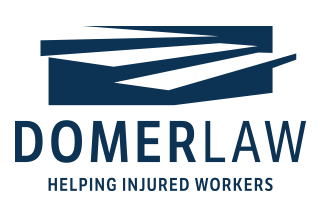
The con continues. Many American workers were conned into initially voting for Donald Trump, and that con game continues with the Trump Administration and its views on worker safety. Campaign promises of benefitting the US worker ring hollow with each and every anti-worker de-regulation push.
Recent reports reveal the administration is removing or delaying OSHA protective regulatory standards on numerous fronts. (Updated OSHA agenda reflects Trump administration focus on de-regulation). The administration previously acted against improved employer recordkeeping for workplace injuries and illnesses. Now, the anti-worker protection agenda continues with the administration effectively pulling important items from the regulatory agenda.
From the above-linked report, some of the important issues “removed” from the OSHA regulatory agenda are: Preventing Backover Injuries and Fatalities; Noise in Construction; Bloodborne Pathogens; and Combustible Dust.
Failure to have adequate regulations-and penalties-has real world consequences. Just look at what happened in Cambria, Wisconsin in May 2017 when a corn mill exploded and workers died from what appears to be Combustible Dust. This was and continues to be a devastating workplace accident for a smaller town in Wisconsin. Sadly, a Journal Sentinel story indicated:
A review of online OSHA records shows the plant was cited in January 2011 for exposing its workers to dust explosion hazards. The records state that plant filters lacked an explosion protective system.
The agency ordered the mill to correct the problem by April 2011. The records show Didion paid a $3,465 fine and the case was closed in September 2013.
Such minimal OSHA fines or penalties likely provided corresponding minimal incentives to improve safety standards or hazardous practices. The limited incentives are bolstered by relatively toothless “employer safety violation” penalty in a Wisconsin worker’s compenstion claim, which is capped at a maximum of $15,000.
Further “anti-regulation” pushes likely increase the lack of safety incentives for employers. Those anti-regulation efforts are alive in Wisconsin and on the federal stage-especially in the Trump agenda.
Workers should be aware that anti-regulation may equal anti-worker. And anti-safety.


